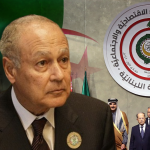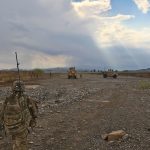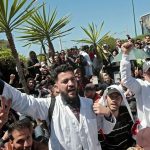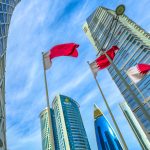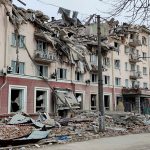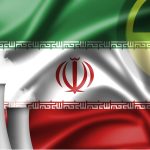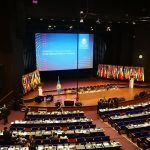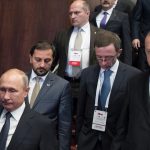Deep divides in the Security Council over Syria’s chemical weapons have been exposed once again
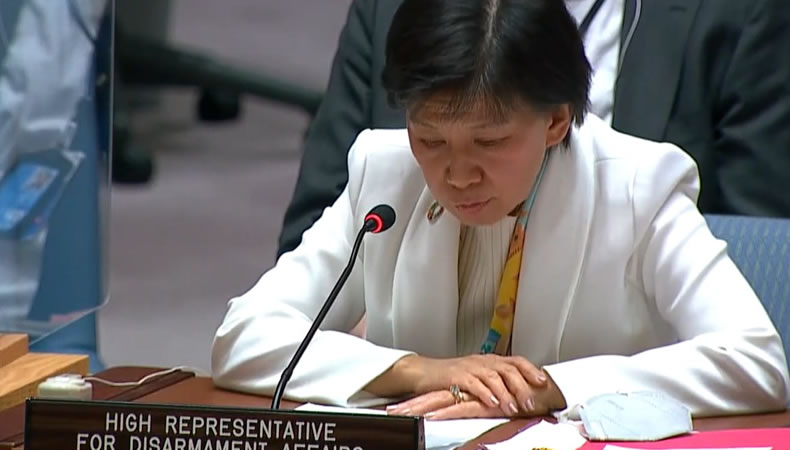

Izumi Nakamitsu, the UN under-secretary-general and high representative for disarmament affairs, emphasized the importance of clarifying two incidents in which apparent evidence of nerve agents was discovered at a facility Syrian authorities claimed was never used to produce chemical weapons, as well as the government’s “unauthorized movement” of two destroyed chlorine cylinders discovered at the scene of a chemical weapon attack in Douma in April 2018.
She urged Syria’s government to “respond with the necessary urgency” to requests from the Organization for the Prohibition of Chemical Weapons to reveal the types and quantities of chemical agents produced or weaponized at the facility in question, as well as the whereabouts of the two cylinders.
Related Posts
For the 101st time, the Security Council met to consider the subject of chemical weapons in Syria. After a UN inquiry revealed the use of chemical weapons on civilians in a Damascus neighborhood the previous month, Nakamitsu informed members on the implementation of Resolution 2118, which was overwhelmingly adopted in September 2013. Images of people choking after inhaling in the nerve agent sparked anger across the world.
The resolution demanded that Syria’s chemical weapons stocks be destroyed by mid-2014, with severe penalties in the case of non-compliance. It made it illegal for Syrian authorities to use, develop, produce, acquire, stockpile, or maintain chemical weapons, as well as to transfer them to other nations or non-state entities.
Syria filed a formal first disclosure on its chemical weapons program to the Organization for the Prohibition of Chemical Weapons (OPCW) in October 2013, which included a plan for stockpile removal. On Thursday, Nakamitsu informed the Security Council that the disclosure, albeit being made more than nine years ago, cannot be deemed accurate and comprehensive in line with the Chemical Weapons Convention.
“Gaps, contradictions, and irregularities” had been discovered, she claimed, casting doubt on the regime’s genuine level of chemical weapons eradication during the civil war. The OPCW has been seeking to organize meetings in Damascus over the matter for almost ten months, but its attempts have been thwarted by Syrian authorities’ “continuous reluctance” to give an entrance visa for one member of the Declaration Assessment Team, according to Nakamitsu.
She reiterated her demand for the Syrian government to expedite plans for the team’s deployment as soon as possible, emphasizing that the problem of the first announcement can only be resolved via total collaboration. Dmitry Polyanskiy, Russia’s deputy permanent representative to the United Nations, slammed the “exaggerated attention our (Western colleagues) are paying to Syria.” He denounced discussions regarding the Syrian regime’s use of chemical weapons as “totally fake,” accusing Western countries of convening them “only to convene meetings.”
“The delegations have nothing to talk about, and we’re just repeating ourselves,” Polyanskiy added. As part of its drive to depict President Bashar Assad’s regime as the war winner and push for a reconstruction phase, Russia has been advocating to cut the frequency of regular Security Council meetings on Syria from three to one each month. Other members of the council have declared repeatedly that they would not participate in reconstruction activities as long as war crimes go unpunished.
Polyanskiy also reiterated his claims that the Organization for the Prohibition of Chemical Weapons (OPCW) is politicizing the problem of chemical weapons in Syria, violating its own procedures, and engaging in “direct forgeries” in Douma. He called the investigation team “illegitimate,” saying it is issuing “biased conclusions of Damascus’s culpability, ignoring the fact that terrorists used chemical weapons.”
“Unfortunately, the Assad government has help on this council,” said Richard Mills, the US deputy ambassador to the UN. The Russian Federation has promoted misinformation about Syria’s repeated use of chemical weapons on several occasions.
“The current web of falsehoods spun by Russia in an attempt to excuse its planned and unjustifiable attack on Ukraine should demonstrate to everyone that Russia cannot be trusted when it comes to war.”
Mills asked Syria’s leadership to stop impeding the OPCW’s work and to comply with its international duties. “The Syrian government does not get to choose which OPCW specialists are participating in the evaluation,” he added, referring to the assessment team member’s refusal to get a visa. “Instead, it is required to fully collaborate with the OPCW.” According to conservative estimates, more than 13 million Syrians have been displaced since the civil conflict began in March 2011, with at least 580,000 murdered and 130,000 jailed or vanished.

